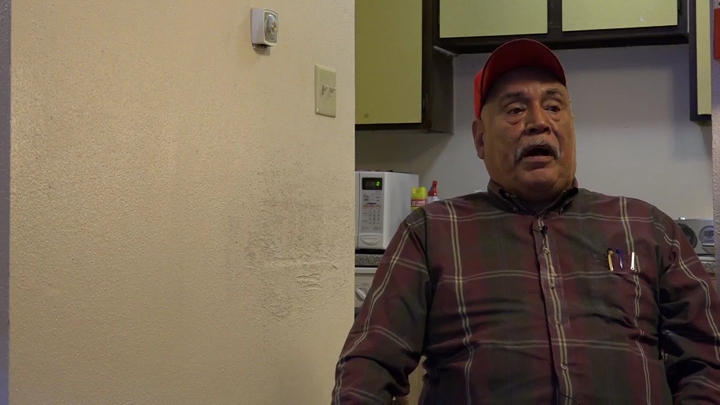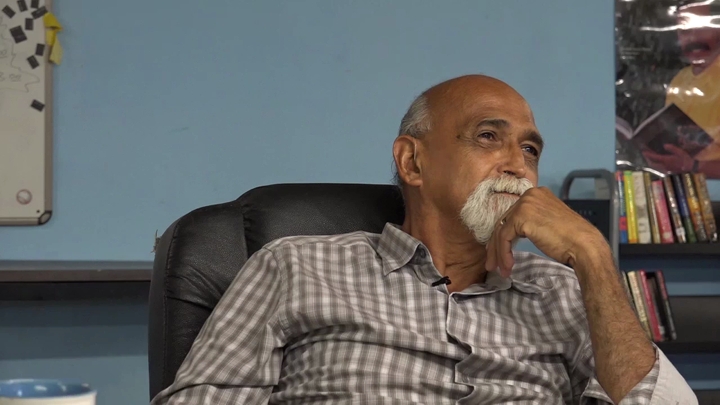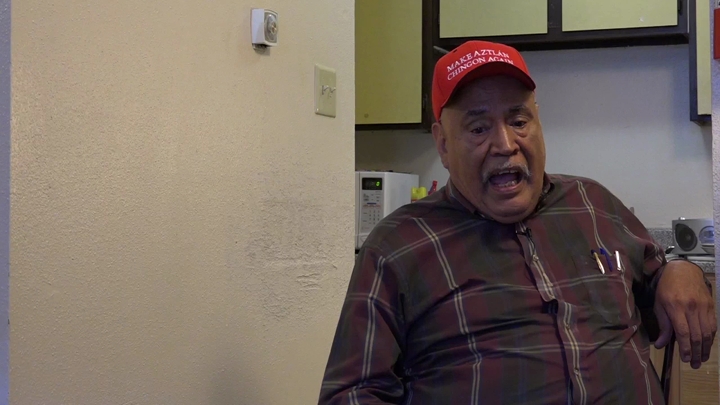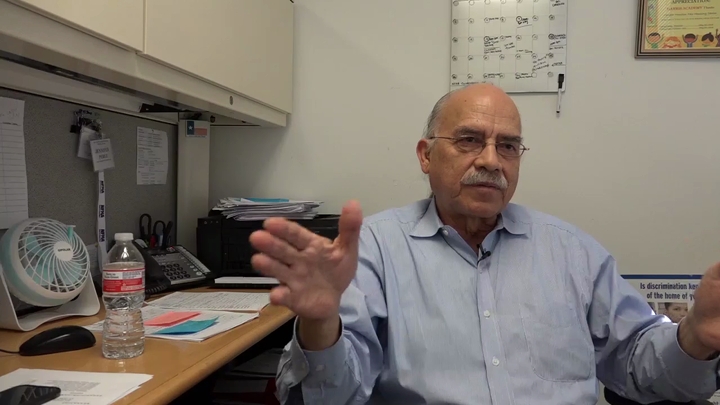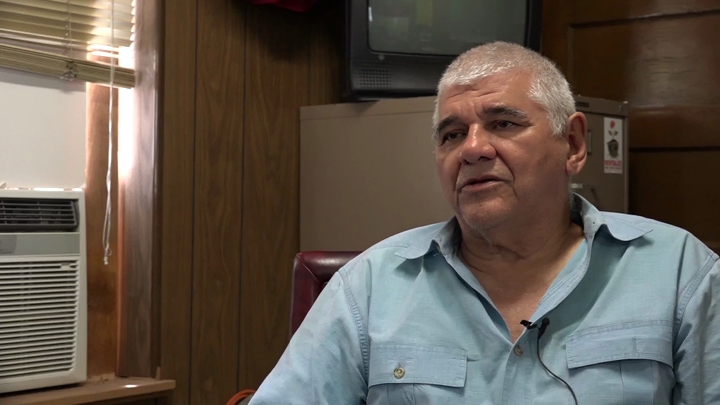Luthuli-Allen / Joe Campos Torres
sign up or sign in to add/edit transcript
Interviewer: I wanted to know more about your activism in the Third Ward of Houston. Lituli-Allen: I tell you what, we started the first Stop Killer Cops, I think it was 1978, we started the first Stop Killer Cops Coalition in 1978. At that time, I was the chairperson of the Congress of African People and that was one of our signature programs, Stop Killer Cops. We also were very supportive of the movement for justice for Jose Campos Torres. We didn’t lead that, but we were very supportive of the efforts that really coalesced around Shape Community Center. Interviewer: Can you tell us more about the Jose Campos Torres incident and death? And Shape Center? Lituli-Allen: Yeah, now that’s a long story. There were some other partners that were involved in that, especially in the Hispanic community. That was a real period of intense radicalization, because the HPD had basically operated with impunity and had basically murdered a man and tried to cover it up. The cover up produced more community reaction than anything. There was a real effort made to uncover the culture of impunity and corruption by the HPD. Now, you have to keep in mind that this was before Houston got the influx of what I’m calling snowbirds. I’m talking about the people who came to Houston from the Midwest and other areas of the country who were basically moderate or liberal kinds of voters which basically changed the nature of the city. So, you get a woman mayor who is really a liberal woman mayor where heretofore you basically had conservative mayors with fifties and sixties-style police chiefs. Then you get a woman mayor and Cathy Whitmire and then you begin to get a black mayor with progressive police chiefs. Everything begins to change and that’s how I look at Jose Campos Torres. The public consciousness based upon all of the fervor around him being murdered, and the cross-racial fervor around that. One of the thing that you might want to look into is the Moody Park, what they called a riot, but it was more or less like probably a police disturbance. I’ve been involved in police disturbances before where the police have agent provocateurs and they try to incite a situation where it basically boils over and then they basically come in and kind of quell things. I think that in terms of a city on the verge of having civil disorder based upon the Jose Campos Torres event, it kind of changed the perspective. It began to change the perspective of the policymakers. As I remember the Jose Campos Torres event, it was not just the marches and demonstrations outside the police department but there were a lot of things going on in the neighborhood. Do y’all know Carlos Cabillo? Interviewer: Carlos Cabillo? Yes. Lituli-Allen: Carlos probably has some photo. I don’t know if he has any video, but I know he has some photo footage. I remember participating. We participated in the demonstration and the chants. That was probably the first time, of course the slogan had been used before “The People United Will Never Be Defeated” but I remember that was the first time in Spanish and in English that I heard that saying being repeated. That was a real, I think, seminal moment where people were both repeating that in Spanish and English and it was getting airplay, and visually a picture of social justice with all of these people of various racial configurations around Jose Campos Torres. After Jose Campos Torres, that was just this plethora of other people who had met dire ends at the hands of the police who began to come forward and they were multi-national kinds of movements.
| Interview | Interview with Omowale Luthuli-Allen |
| Subjects | Race Relations › Black-Brown Race Relations |
| Police and Law Enforcement | |
| Electoral Politics | |
| Ideology › Liberalism | |
| Tags | Torres, Joe Campos |
| sign up or sign in to add/edit tags | |
| Interview date | 2016-06-17 |
| Interview source | CRBB Summer 2016 |
| Interviewees | Luthuli-Allen, Omawale |
| Locations | Houston, TX |
| Duration | 00:06:40 |
| Citation | "Joe Campos Torres ," from Omawale Luthuli-Allen oral history interview with , June 17, 2016, Civil Rights in Black and Brown Interview Database, https://crbb.tcu.edu/clips/3448/joe-campos-torres, accessed March 04, 2026 |


